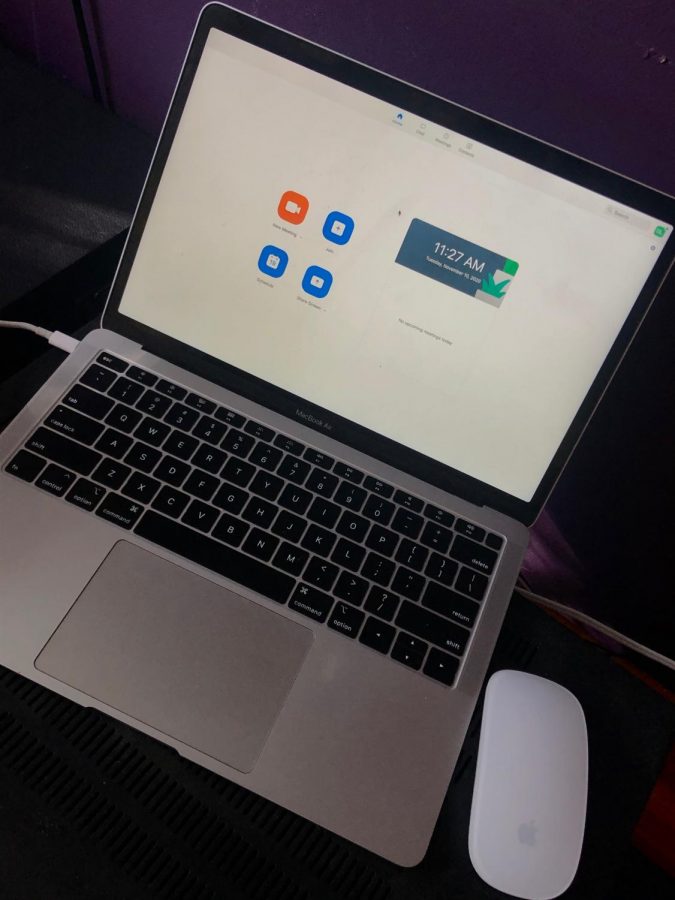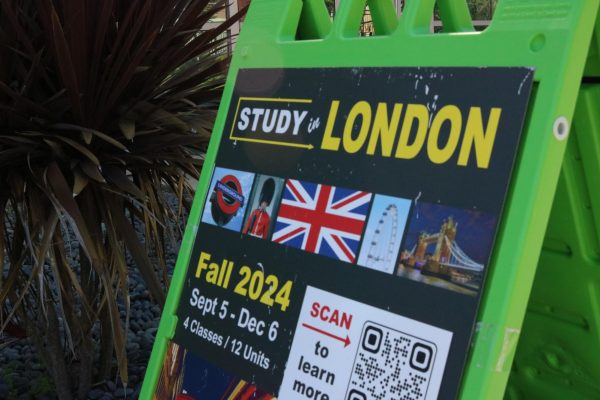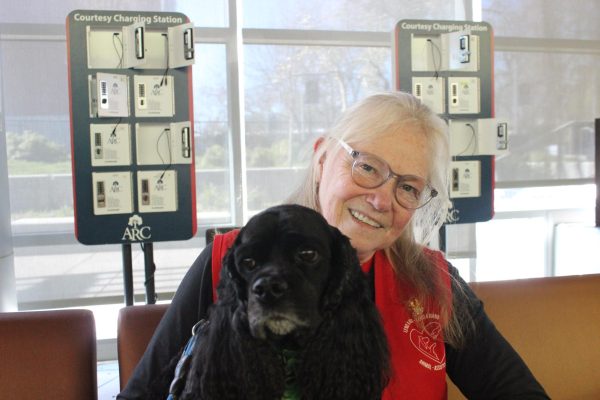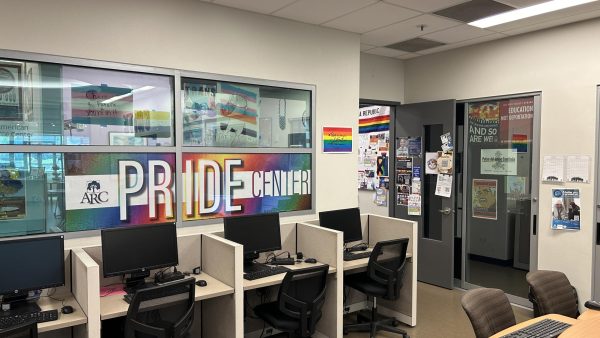Professors stay positive while facing Zoom challenges
Professors Krista Hess and Michael Crowder find ways to help students succeed
Zoom is challenging professors at ARC to keep continuity within their classes due to many different connectivity problems. (Photo by Dylan Lillie)
American River College is officially going through its second semester online due to the COVID-19 outbreak, which has caused the campus to find different ways for students to communicate from their homes.
This has led to the introduction of Zoom in classes. Zoom is a video interface that allows students to connect with faculty, students, and other Los Rios Community College District resources. It has opened up the option for professors to hold synchronous classes from their home offices or other places with wi-fi.
But along with the benefits that Zoom provides, it also has had some hiccups so far that have caused problems for students.
According to Krista Hess, an English as a Second Language professor, Zoom hasn’t been perfect but she says she has worked through it. Problems occur on a daily basis and the main challenge is just figuring out where the problem originates, Hess said.
“It’s unpredictable and there is a randomness to it,” Hess explained. “We try to educate ourselves and educate the students on what can go wrong and how to fix it.”
But according to Hess, trouble-shooting isn’t always easy. She said that on any given weekday the ESL program has about 18 hours of Zoom calls to help assist students in any way necessary.
And it isn’t just synchronous classes that are a problem. Michael Crowder, an English professor at ARC explained how even though his class is asynchronous, he still holds optional Zoom meetings for students to ask questions, but he added that the format can sometimes be challenging.
“The students that are having issues [connecting to Zoom] can’t communicate those things to you because they are having those issues,” Crowder said. “You want to be able to set them up for success, and I try to tell my students to communicate as best they can and hope for the best.”
However, Crowder said he expected class wouldn’t be the same online as it was in-person and he was quick to say that the most important factor through this pandemic is to stay safe.
“It’s a challenge because the number one priority is to stay safe,” Crowder said. “People forget that we are in a pandemic, and the number one expectation is we have to stay alive.”
The added stress of online learning and Zoom communication has affected everyone differently, and there are many different ways that people alleviate those feelings. Crowder says his tactic has been comedy to provide a sense of comfort to his students.
“I definitely try to be humorous with my Zoom backgrounds,” Crowder said. “I like to make them contemporary or referential, it’s probably one of the funniest things I use humor for.”
With the spring 2021 semester already scheduled to be taught online, Zoom will yet again be the visual communication source and many of the challenges faced this semester will persist.
Hess and Crowder both said they agreed that the most important thing is to keep a positive attitude. With this, and maybe just a bit of humor, ARC students and faculty have a good chance of making the best of the situation.
“You just have to stay positive and make the best of any situation,” Crowder explained.















